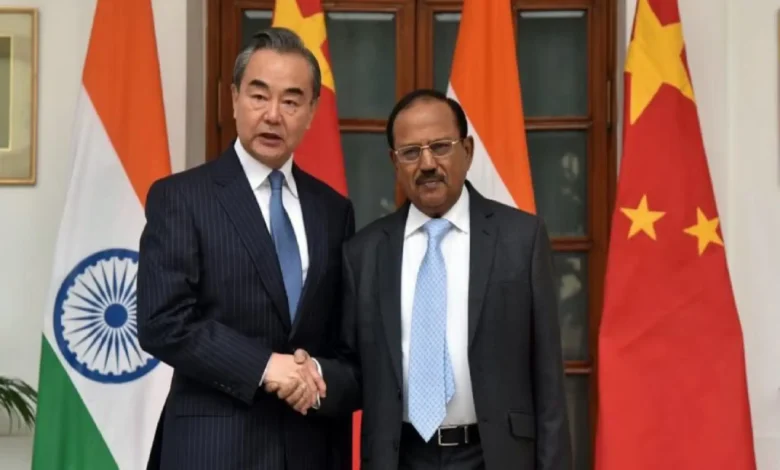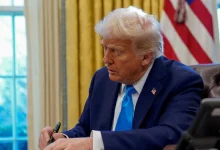
New Delhi: Amid rising tensions following the Pahalgam terror attack, National Security Advisor (NSA) Ajit Doval held a phone conversation with Chinese Foreign Minister Wang Yi on Saturday. During the call, Doval emphasized that war is not India’s preferred path and serves no party’s interest, reiterating India’s focus on counter-terror operations.
The discussion took place shortly after Pakistan launched another wave of drone intrusions into Indian airspace, despite initiating a ceasefire earlier that same day.
According to the Chinese foreign ministry, Doval told Wang Yi that India suffered significant losses in the Pahalgam attack and had to undertake counter-terrorism measures. He also affirmed India’s commitment to the ceasefire and its desire to restore peace and stability in the region.
Wang Yi, for his part, strongly condemned the terror attack and underlined the value of regional peace. Highlighting that both India and Pakistan are China’s neighbours, Wang noted that stability in the region is “hard-earned” and should be protected. He urged both countries to remain composed, avoid escalation, and pursue dialogue to resolve differences.
China expressed support for a “comprehensive and enduring ceasefire” between the two nations, describing it as vital for regional and global stability.
Chinese statements further quoted Doval expressing India’s serious concern over the attack, which caused heavy casualties. He underscored India’s dedication to counterterrorism while still upholding its ceasefire obligations, despite ongoing provocations from Pakistan.
India had earlier launched ‘Operation Sindoor’ on May 7, conducting targeted strikes against nine terror camps in Pakistan and Pakistan-occupied Kashmir. In retaliation, Pakistan has deployed drones over Indian border areas—actions which have been countered effectively by Indian air defence systems.




